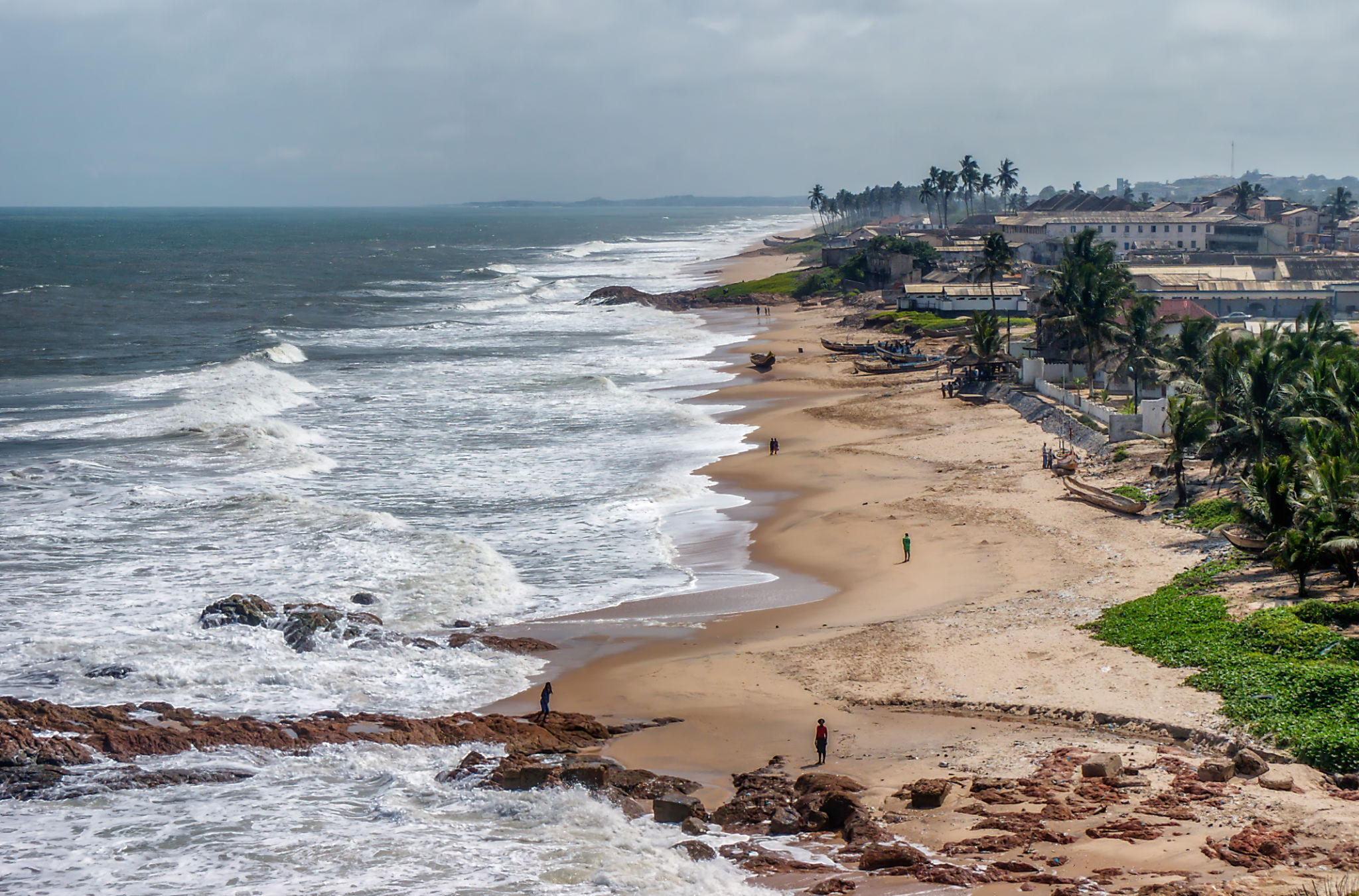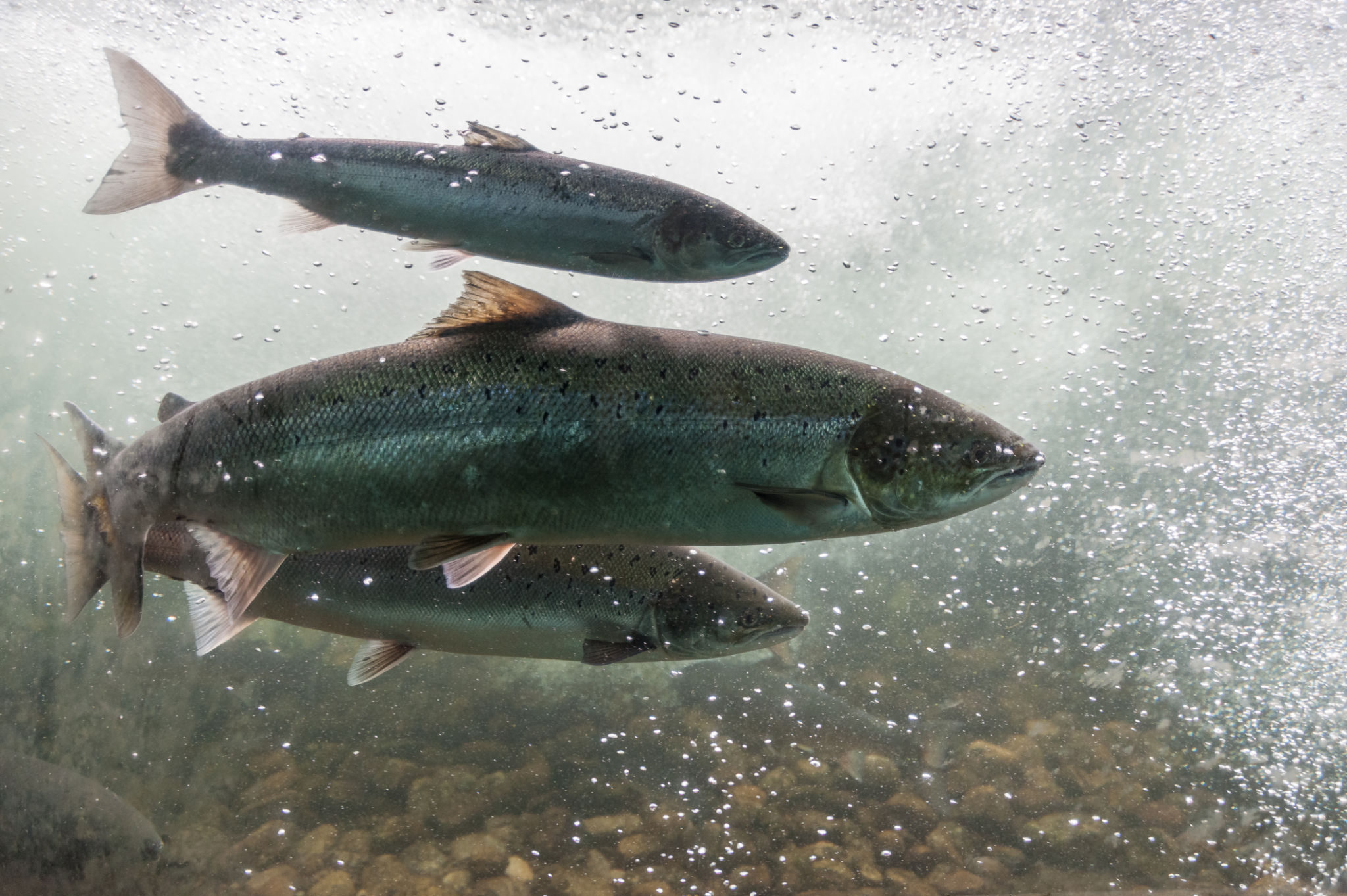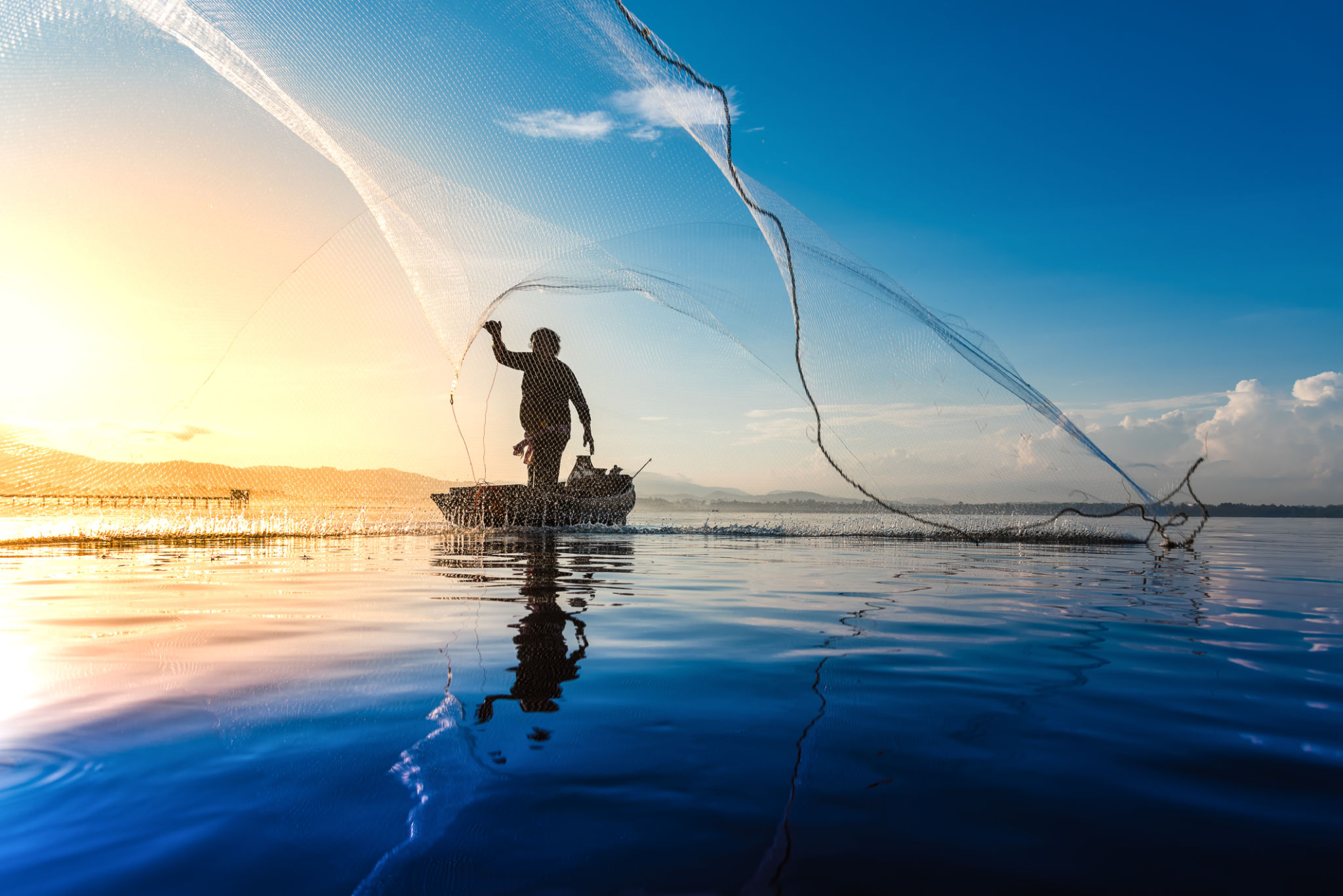Expert Tips on Sustainable Fishing Practices Along Ghana's Coast
Understanding Sustainable Fishing Practices
Sustainable fishing practices are essential for preserving marine ecosystems and ensuring that future generations can continue to rely on seafood as a vital food source. Along Ghana's coast, these practices are particularly important due to the region's rich biodiversity and the significant role fishing plays in the local economy. By adopting sustainable methods, communities can maintain fish populations at healthy levels and protect the marine environment.

Implementing Traditional Techniques
One effective approach to sustainable fishing is the use of traditional techniques that have been practiced by local communities for generations. These methods often involve smaller nets and selective fishing gears that minimize bycatch, allowing non-target species to thrive. Embracing such time-tested practices not only supports sustainability but also preserves cultural heritage.
Moreover, traditional fishing methods typically have a lower environmental impact, as they do not rely on heavy machinery or extensive fuel use. This reduces carbon emissions and helps maintain the natural balance of marine ecosystems. Supporting local fishermen who utilize these techniques is crucial for promoting sustainable fishing along Ghana's coast.
Adopting Modern Technology
In addition to traditional methods, modern technology can play a vital role in enhancing sustainable fishing practices. Technologies such as satellite tracking and sonar can help fishermen identify healthy fish stocks without overexploiting resources. By using data-driven tools, fishermen can make informed decisions about where and when to fish, reducing the risk of depleting fish populations.

Furthermore, technology can assist in monitoring illegal fishing activities that threaten marine biodiversity. With the aid of surveillance systems, authorities can enforce regulations more effectively, ensuring that all fishing activities along Ghana's coast adhere to sustainable practices.
Community Involvement and Education
Community involvement is a fundamental component of sustainable fishing. Educating local communities about the importance of sustainable practices can lead to more environmentally conscious decisions. Workshops and training programs focused on sustainable techniques can empower fishermen to adopt practices that protect both their livelihoods and the marine environment.
Involving communities in decision-making processes also fosters a sense of ownership and responsibility towards local marine resources. When communities understand the long-term benefits of sustainability, they are more likely to support and implement necessary changes.

Policy and Regulation
The role of government policies and regulations cannot be overlooked in promoting sustainable fishing practices. Establishing clear guidelines and enforcing them through effective monitoring systems is essential for maintaining healthy fish stocks. Policymakers should work closely with local communities to develop regulations that balance ecological health with economic needs.
Implementing measures such as catch limits, protected marine areas, and seasonal closures can significantly contribute to the sustainability of fisheries. These policies help ensure that fish populations have time to recover and ecosystems remain balanced.
Conclusion
Achieving sustainable fishing along Ghana's coast requires a multifaceted approach that includes traditional techniques, modern technology, community involvement, and robust policy frameworks. By focusing on these strategies, it is possible to protect marine biodiversity while supporting local economies. As stewards of the ocean, it is imperative that all stakeholders work together to ensure a sustainable future for the fishing industry and the communities that depend on it.